Buying a used car can be a great way to save money, but it also comes with its risks. To help you avoid making a costly mistake, we’ve compiled a list of 18 must-know red flags to watch out for. These tips will guide you through the process and ensure you drive away with a reliable vehicle.
Contents
Inconsistent Maintenance Records
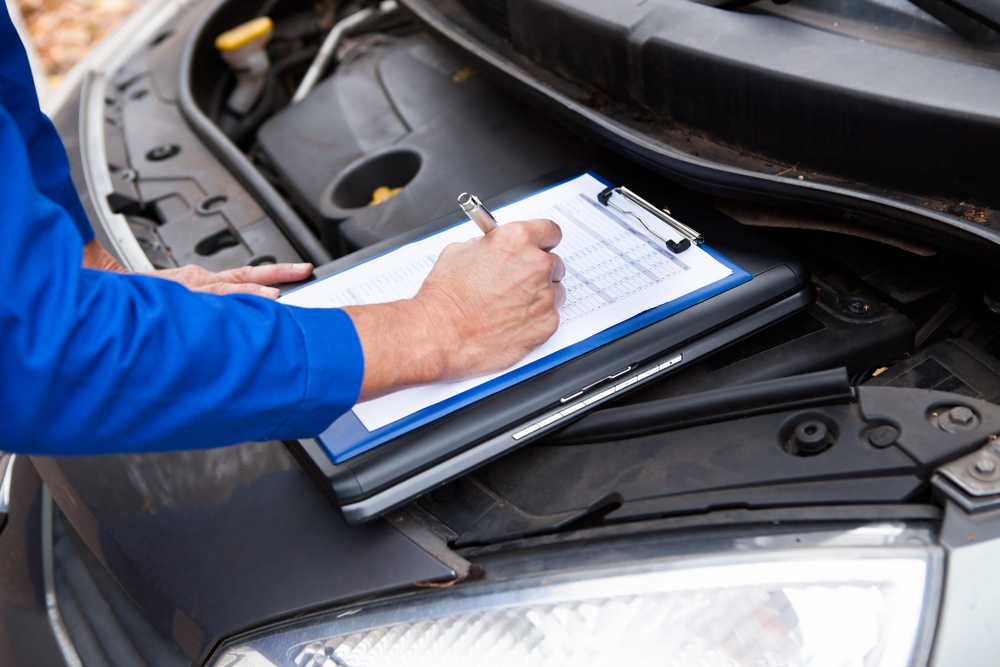
A car with inconsistent or missing maintenance records might not have been properly cared for, leading to potential mechanical issues down the line. Regular service history ensures that oil changes, brake checks, and other essential maintenance tasks were performed, keeping the car in good condition.
Unusual Noises

Strange sounds such as knocking, grinding, or squealing can indicate serious problems with the engine, brakes, or suspension. These noises can be early signs of costly repairs that might not be immediately visible but could become significant issues.
Visible Rust
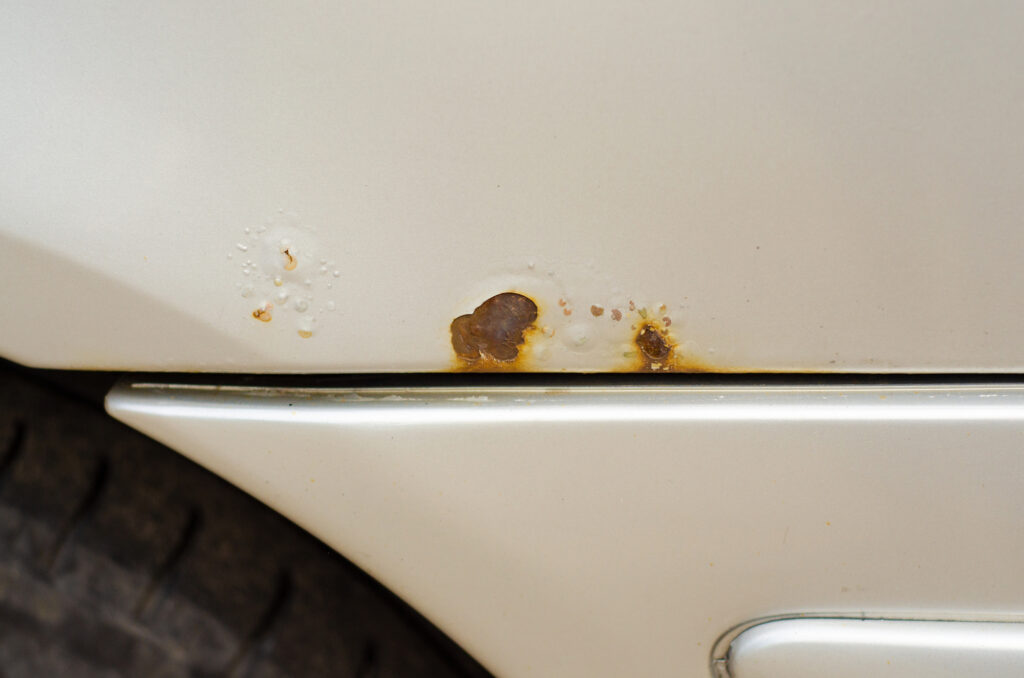
Rust can severely weaken a car’s structural integrity, especially if it’s on the frame or undercarriage. Extensive rust is a sign that the car has been exposed to moisture for prolonged periods, which can lead to further deterioration and expensive repairs.
Check Engine Light
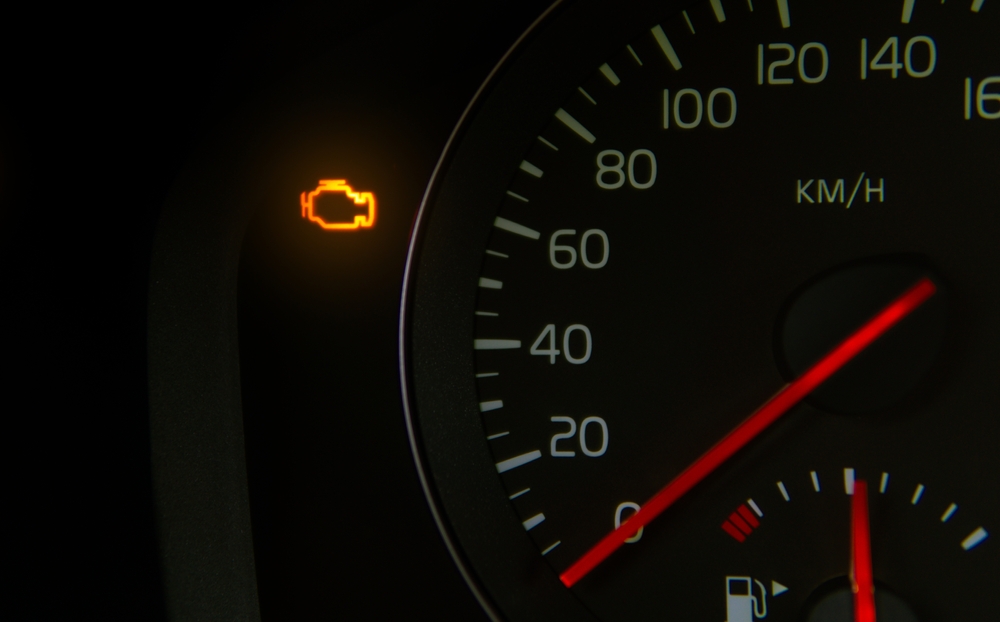
A check engine light that remains on can signal a variety of engine or emissions problems, ranging from minor issues to severe malfunctions. It’s essential to have a mechanic diagnose the cause before purchasing the vehicle.
Worn Tires
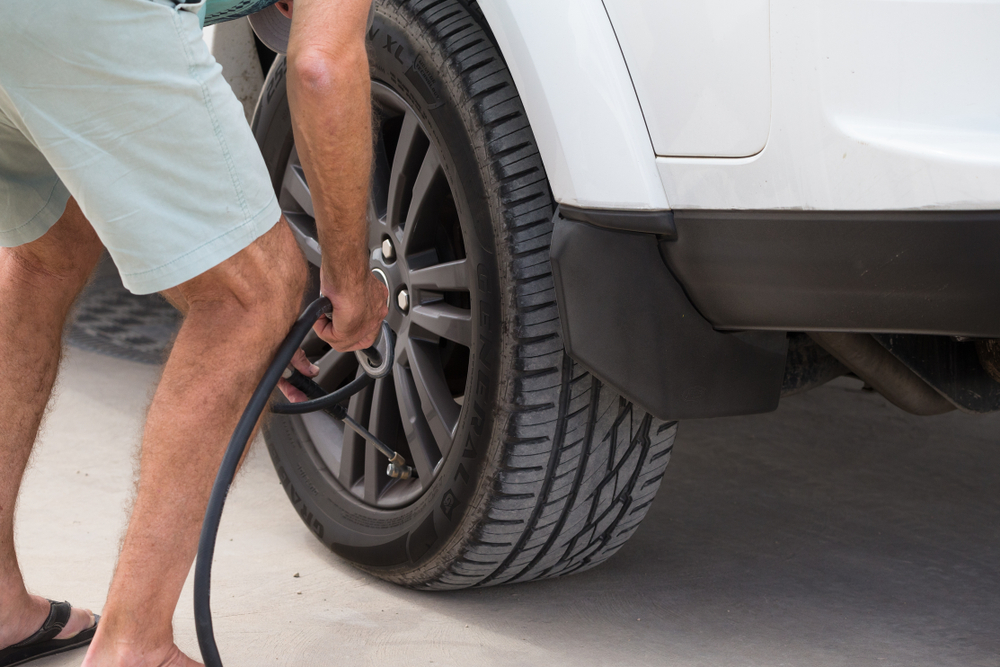
Uneven tire wear can indicate problems with the car’s alignment, suspension, or even frame damage. Tires with excessive wear can also be a sign that the car hasn’t been maintained properly, potentially leading to safety issues.
Suspiciously Low Price
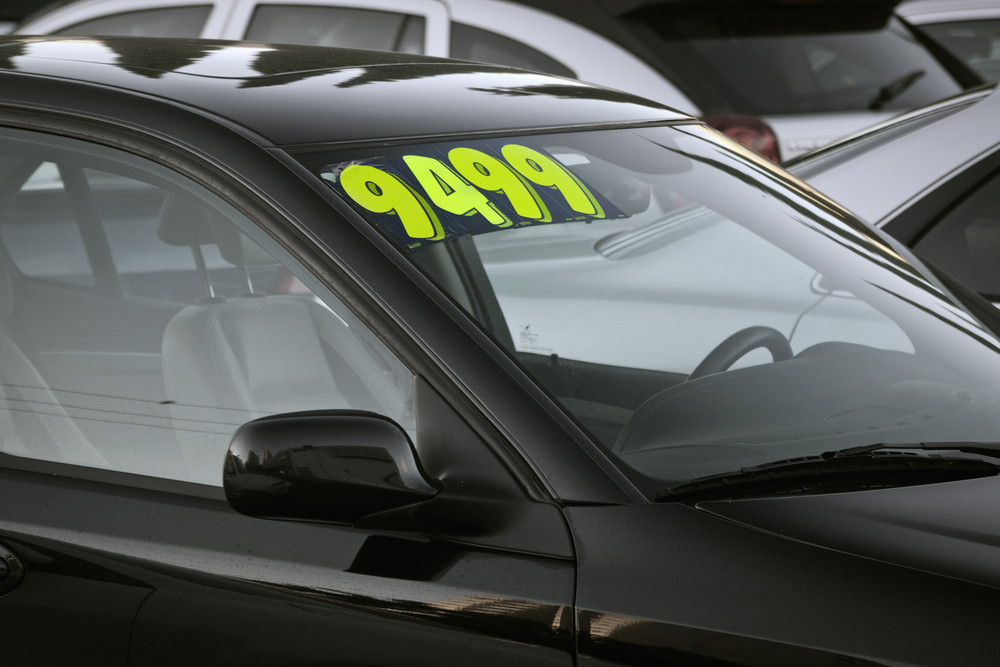
A price that is significantly lower than the market value often suggests hidden problems or potential scams. The vehicle might have severe mechanical issues, a troubled history, or the seller could be attempting to quickly offload a problematic car.
Accident History

A car with a history of major accidents may have underlying structural damage that can affect its safety and performance. Even if repairs have been made, the vehicle might not perform as well as one that hasn’t been in a significant collision.
Flood Damage
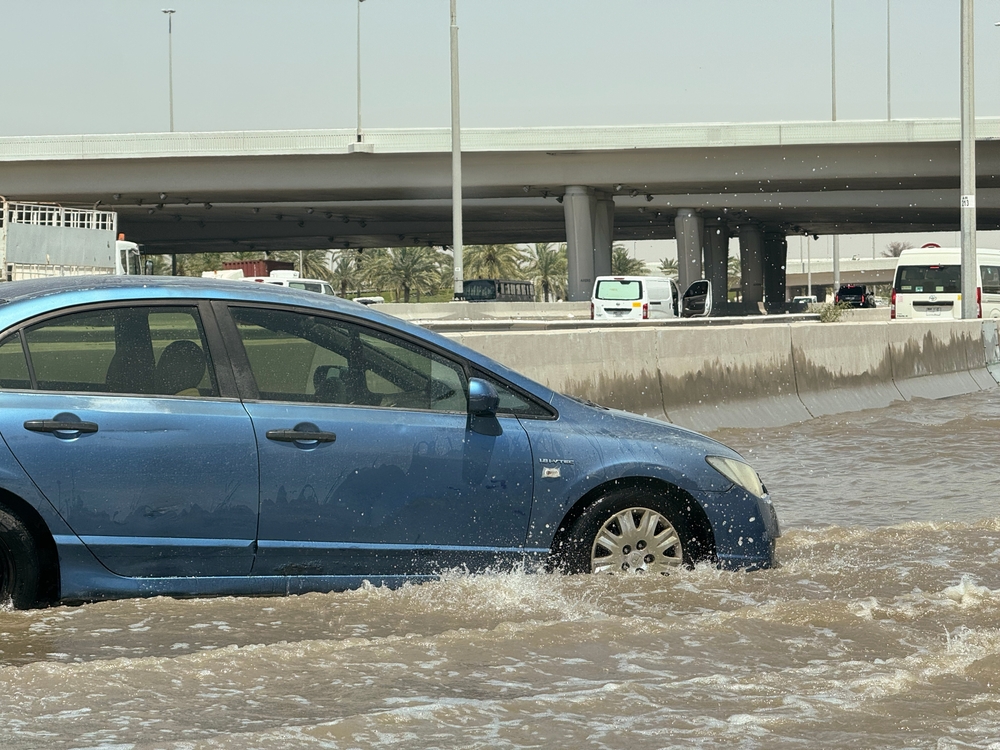
Evidence of flood damage, like a musty smell or water stains, can lead to severe electrical and mechanical problems. Flood-damaged cars often have hidden issues that are not immediately apparent but can cause long-term reliability problems.
Mismatched Paint
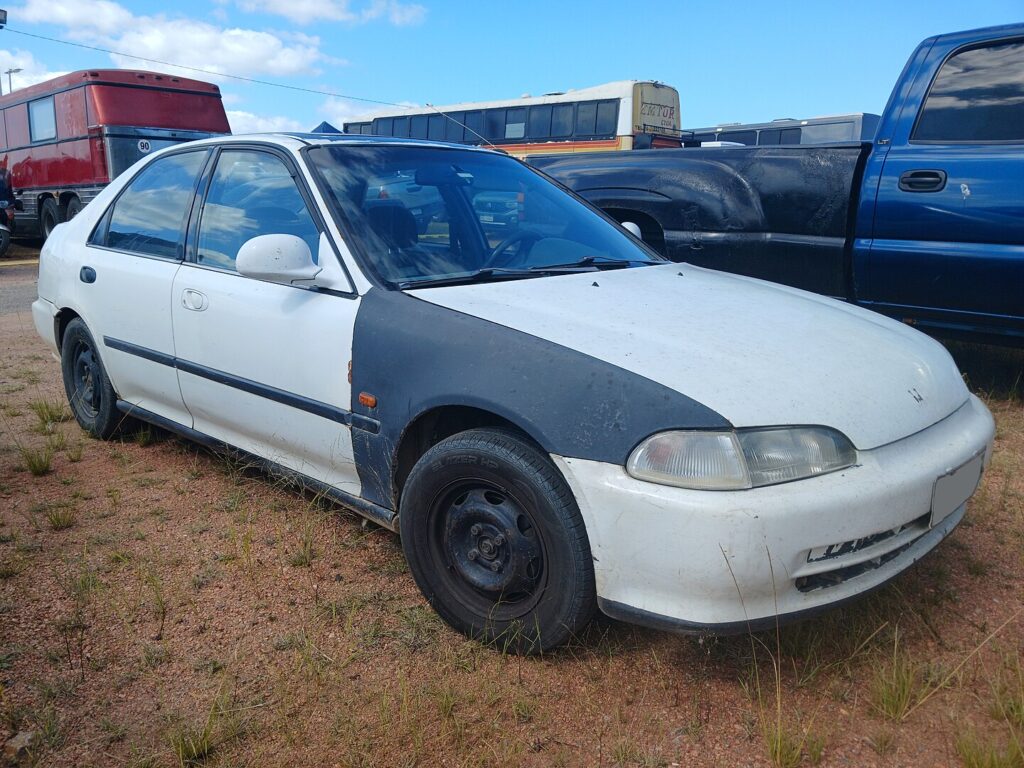
Different shades of paint on the car can indicate that body panels have been replaced or repaired, often due to an accident. This can suggest potential structural damage or poor repair work that might affect the car’s performance and value.
Salvage Title

A salvage title means the car was declared a total loss by an insurance company, often due to severe damage. These cars can have significant safety issues and may not have been properly repaired, impacting their reliability and resale value.
Unresponsive Transmission
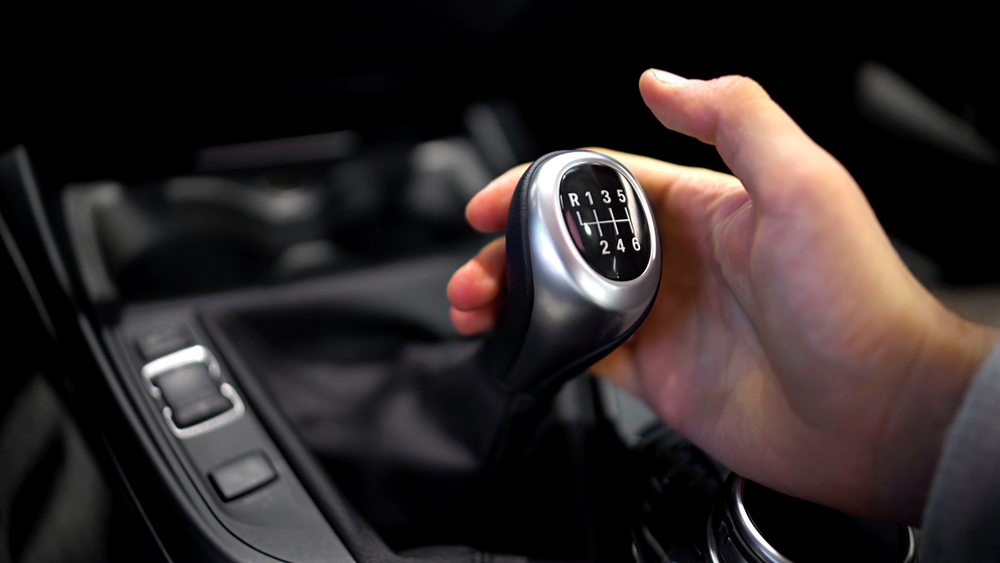
Difficulty or delays in shifting gears can point to serious transmission problems, which are often expensive to fix. Smooth transmission operation is crucial for the car’s performance and overall driving experience.
Excessive Exhaust Smoke
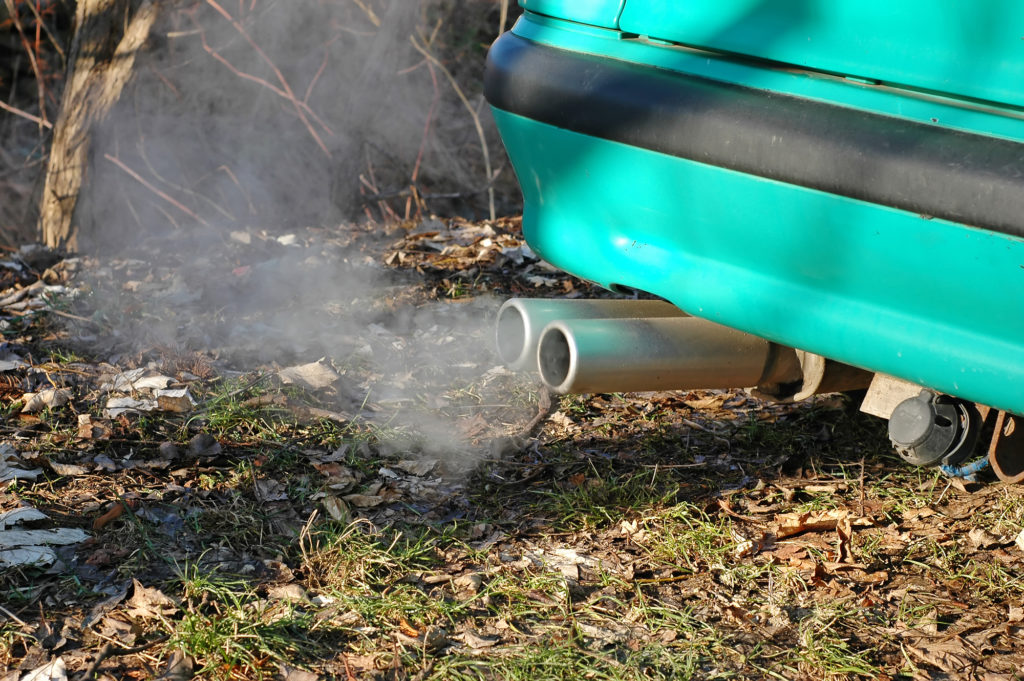
Blue, black, or white smoke from the exhaust can indicate various engine problems, such as burning oil, coolant leaks, or fuel system issues. These problems can lead to expensive repairs and reduced engine performance.
Malfunctioning Electronics
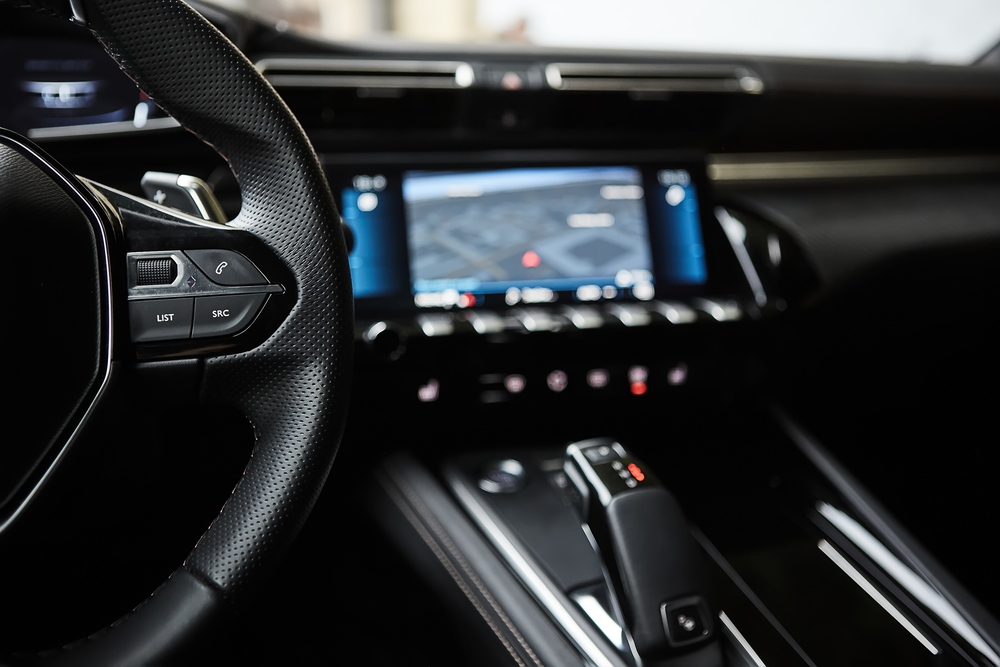
Non-working electronic components like windows, locks, or lights can suggest wiring problems or electrical system failures. These issues can be challenging and costly to diagnose and repair.
Unusual Smells
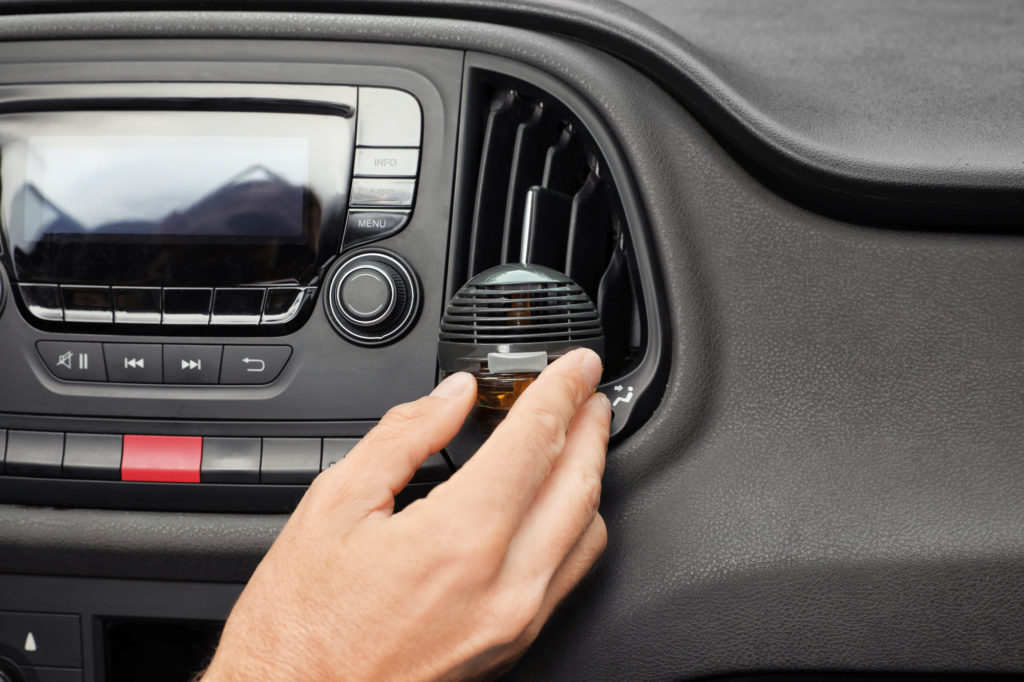
Strong odors, such as burning or gasoline, can indicate mechanical problems or fluid leaks. Unpleasant smells inside the car, like mold or smoke, can also point to water damage or a history of smoking, which can be hard to eliminate.
Poor Alignment
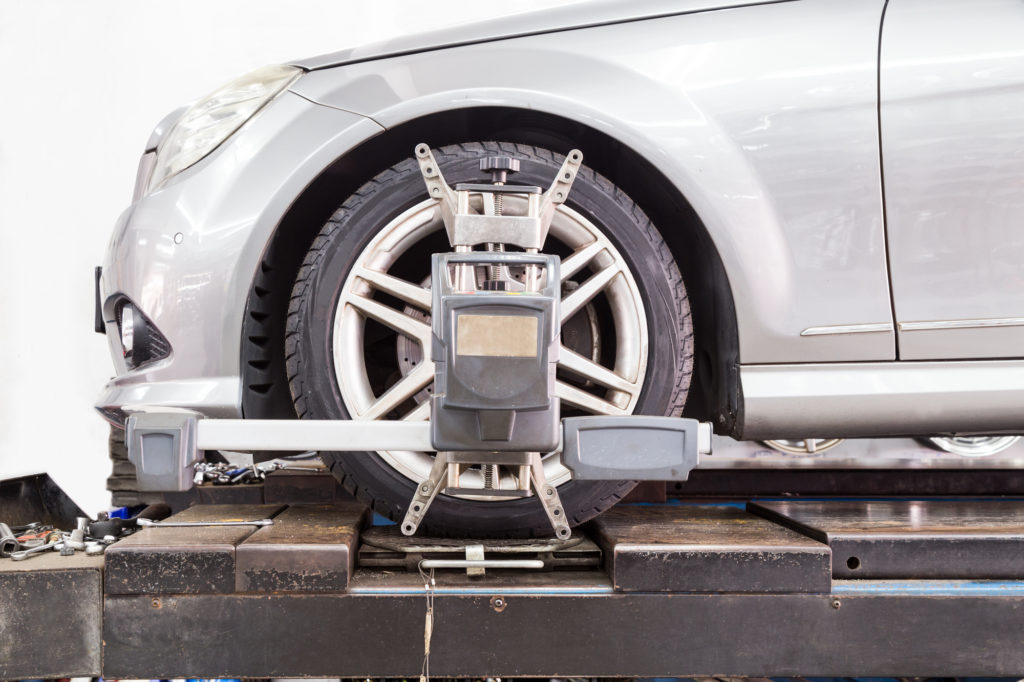
A car that pulls to one side or has a crooked steering wheel can have alignment or suspension issues. Proper alignment is crucial for safe driving and can prevent uneven tire wear and further mechanical problems.
Worn Interior
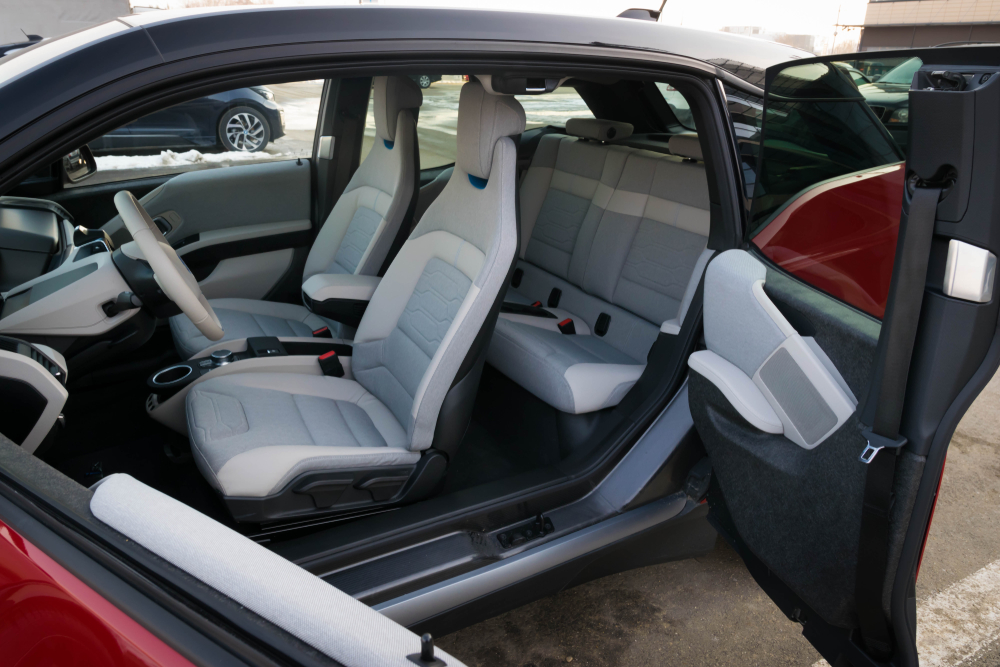
Excessive wear and tear inside the car can suggest high mileage or rough use, which might mean the vehicle hasn’t been well cared for. The condition of the interior often reflects how the previous owner treated the car overall.
Leaks
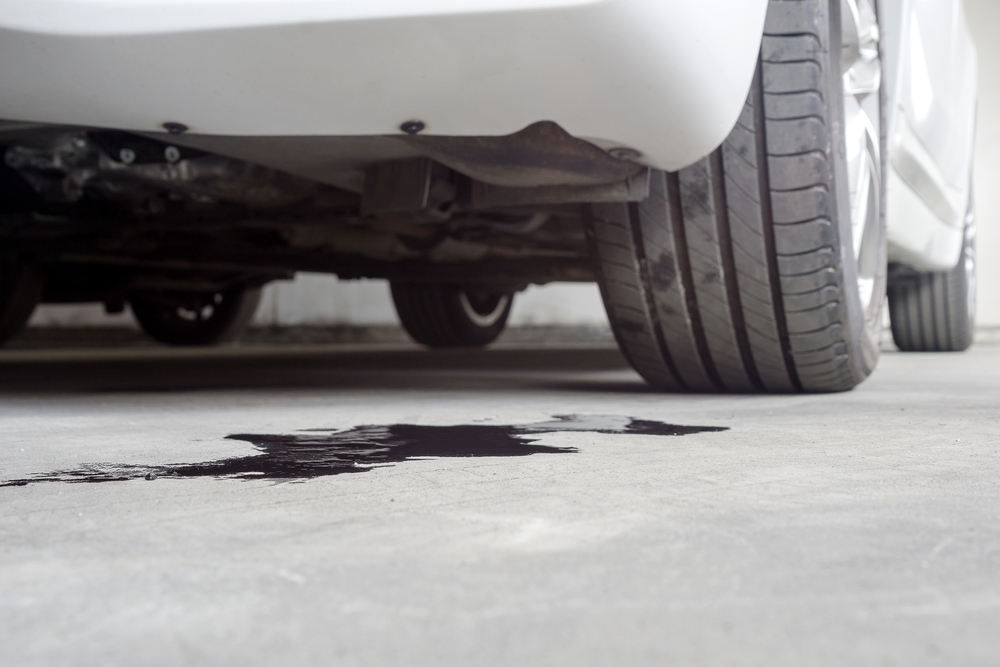
Puddles or drips under the car can indicate leaks from the engine, transmission, or cooling system. Fluid leaks can lead to severe mechanical problems and signal that the car hasn’t been maintained properly.
High Mileage
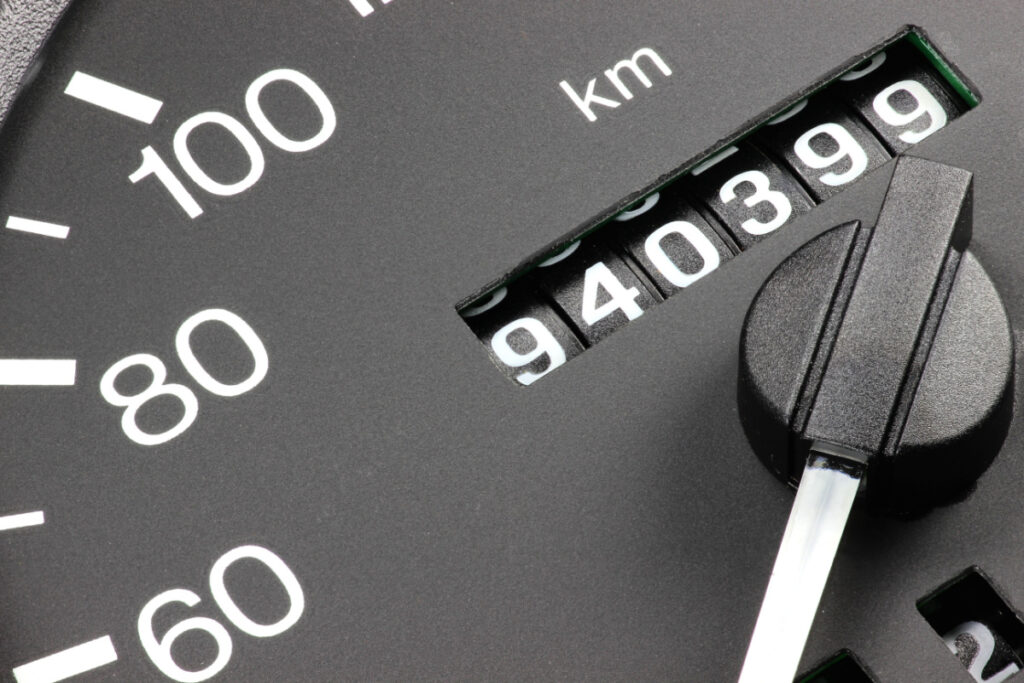
While high mileage isn’t always a deal-breaker, it often means more wear and tear on the car’s components. High-mileage vehicles are more likely to require significant repairs and maintenance, adding to ownership costs.
This article originally appeared in MyCarMakesNoise.
More from MyCarMakesNoise
12 Overlooked Minivans Perfect for Families

When it comes to family vehicles, minivans often lead the pack with their unbeatable combination of space, comfort, and utility. Yet, amidst the popularity of SUVs and crossovers, some exceptional minivans tend to fly under the radar, deserving more recognition than they typically receive. Read More
10 Common Boat Handling Mistakes to Avoid

Boating is both an art and a science, requiring a passion for open water and a deep respect for the intricacies of boat handling. Even the most experienced mariners can make simple mistakes that lead to serious consequences. Read More
11 Historic Motorcycles That Are Still Popular

Motorcycles hold a unique place in the tapestry of automotive history, blending innovation with a timeless allure that captivates enthusiasts and casual observers alike. Certain models, revered for their revolutionary design and engineering, have transcended their era to become icons that are still ridden and adored today. Read More














